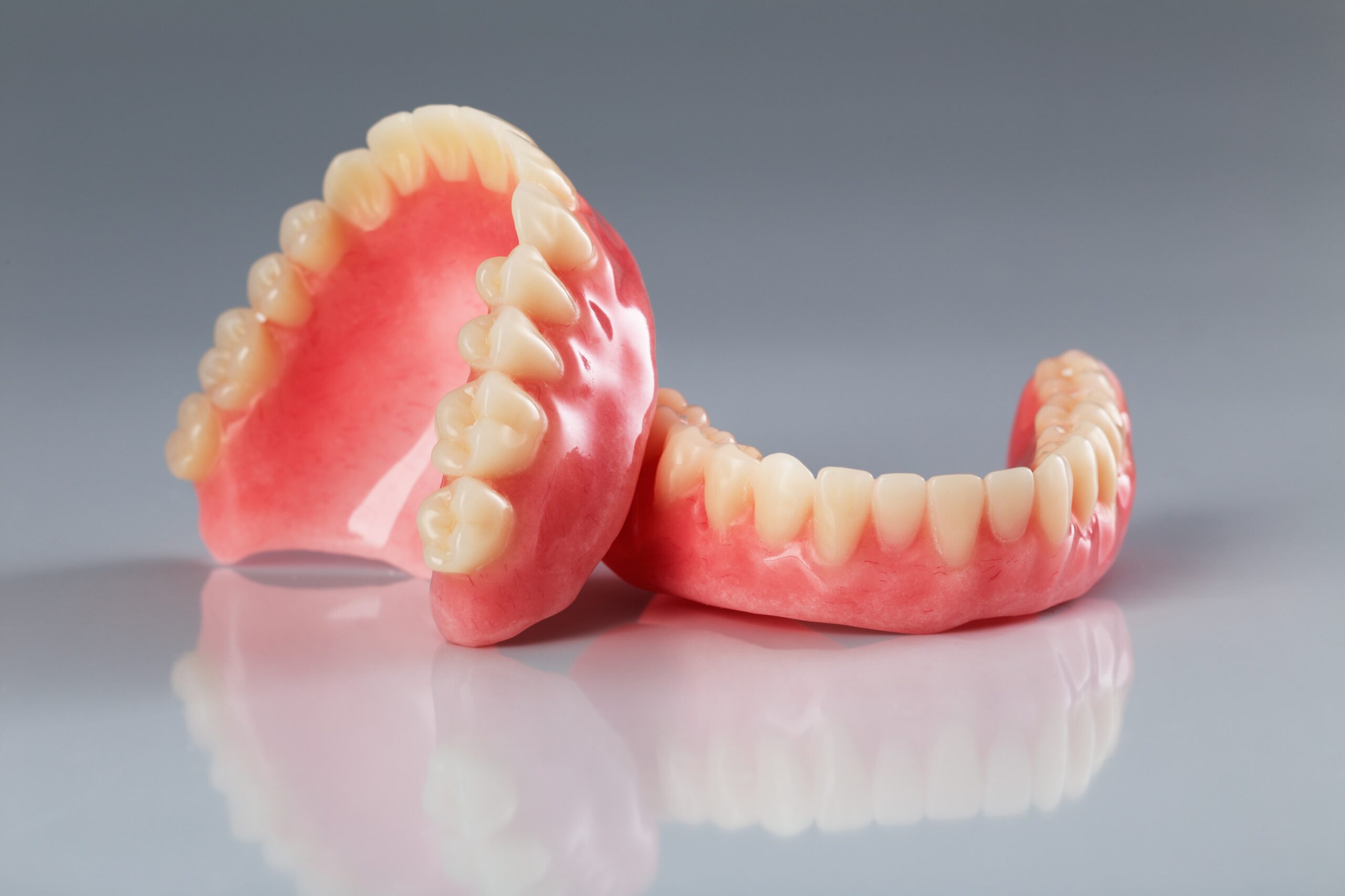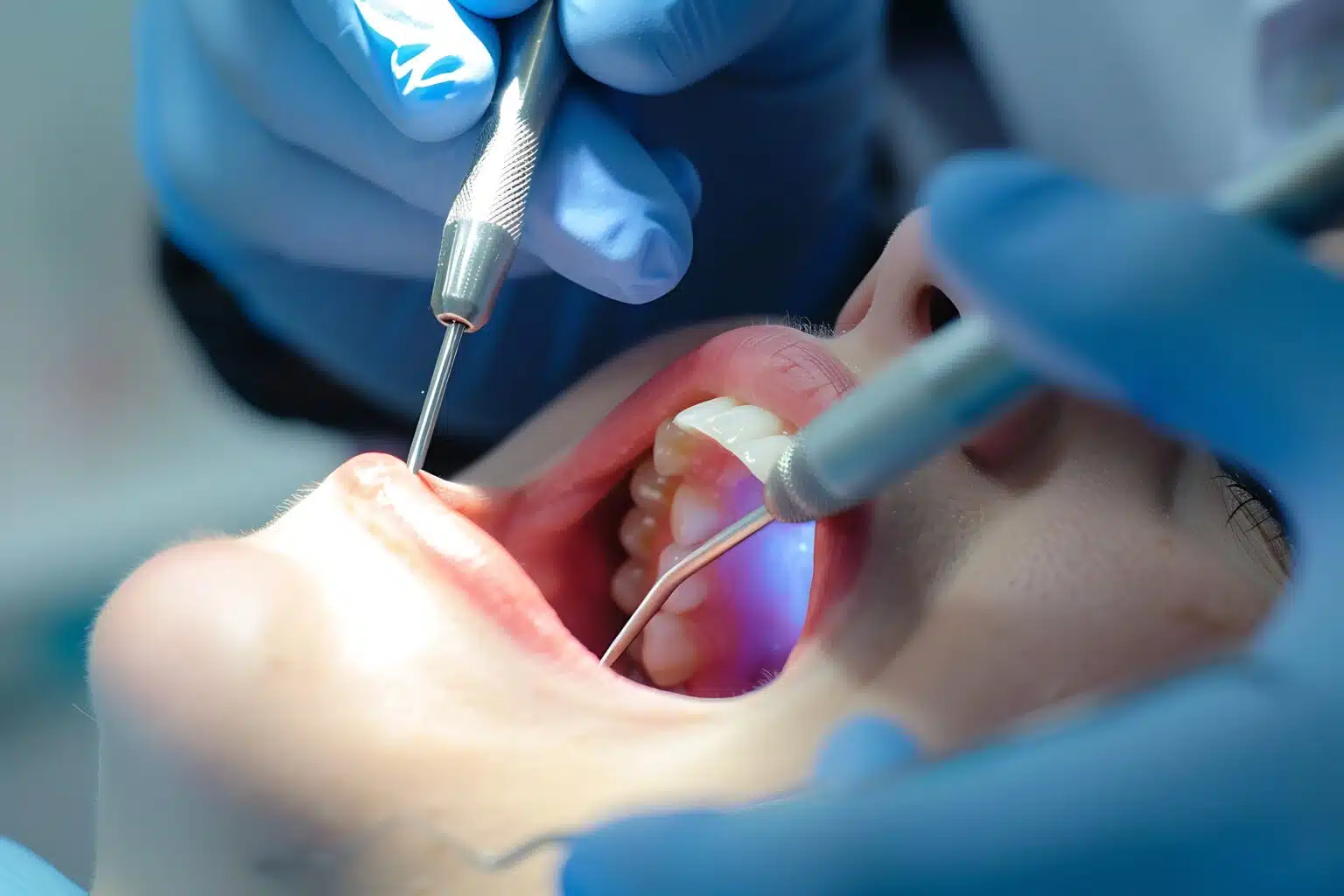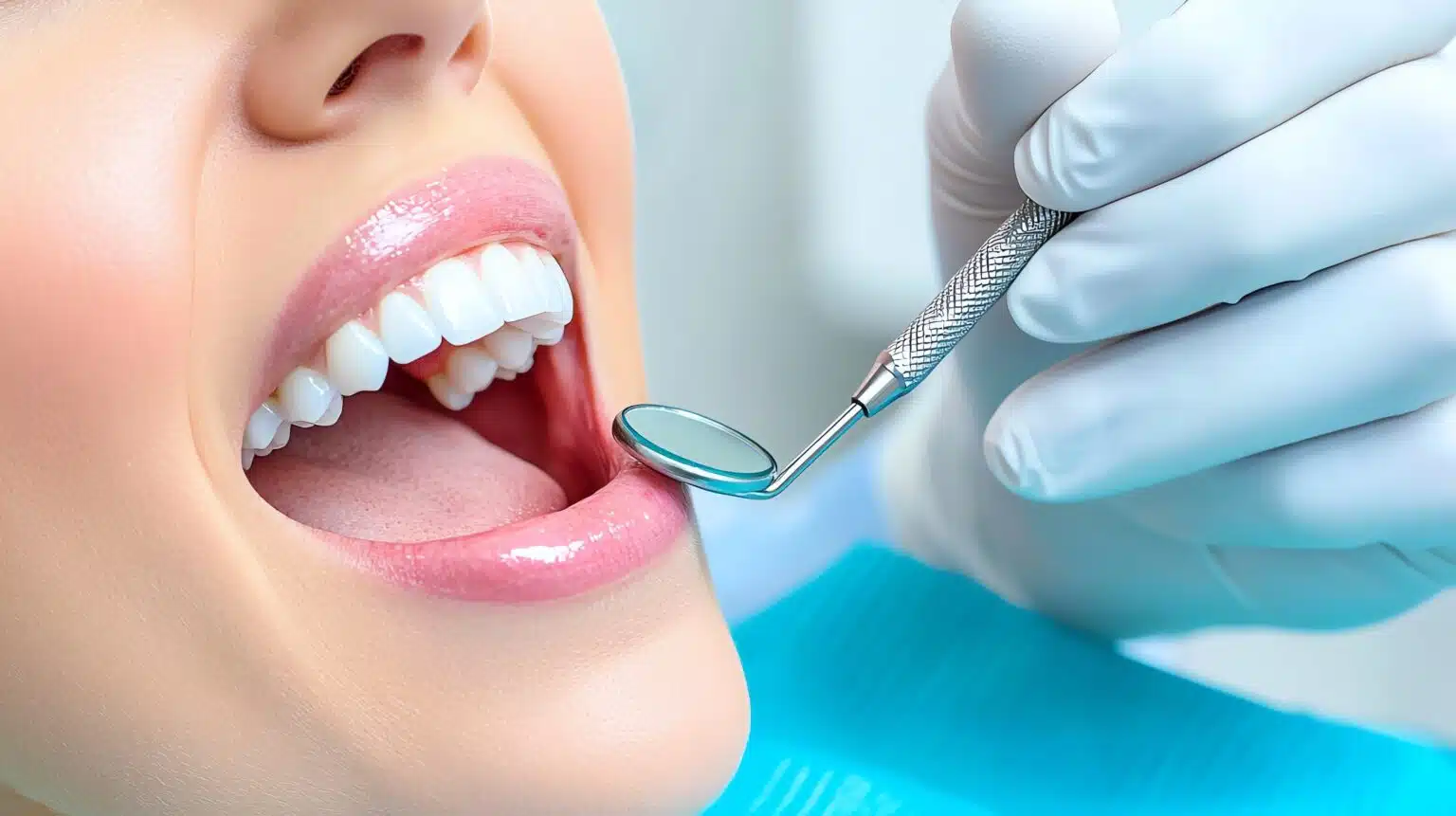Gum Disease Treatment in Murrieta
Periodontal disease, commonly called gum disease, can lead to more than just an unsightly smile—it can cause loss of teeth & eventually, if left untreated, other more serious health problems.
If you have been diagnosed with periodontal disease, we will recommend that you come in for a deep cleaning. While it may sound like just a more intense teeth cleaning, deep cleanings are actually the gold standard of treatment for patients diagnosed with gum disease. This procedure is also sometimes referred to as “scaling & root planing” or “periodontal therapy”.
In periodontal disease, swollen unhealthy gums start to pull away from the teeth because of pockets where infection-causing plaque & tartar accumulate. During a deep cleaning, the dentist or hygienist removes plaque, tartar & bacteria from the surfaces of your teeth & tooth roots. The dentist or hygienist then smoothes the surface of the tooth root to make it harder for bacteria to stick in the future & easier for the gums to re-attach.

What Is Gum Disease?
Called gingivitis in its early stages, periodontal disease is caused by excessive toxic bacteria (found in plaque) that attack your mouth’s soft tissues. Early warning signs of this disease include red, swollen or bleeding gums. If caught early, we can help you reverse the damage. If detected late, we can use one of the many effective restorative dentistry procedures to restore your mouth to its healthy & beautiful state. We can help you keep your teeth & gums strong & disease-free with regular examinations & cleanings plus specialized interventions to treat periodontal disease if needed.
Benefits of Deep Cleanings
While deep cleanings cannot cure periodontal disease, it can slow or stop its progression. Deep cleanings can reduce the need for surgical intervention in the future & often helps swollen bleeding gums become healthy & pink again.
If you have gum disease, we may recommend that deep cleanings, along with periodontal maintenance checkups, become part of your routine dental visits.
Overview of Periodontal Treatments
Management of periodontal disease also involves a variety of other treatments in addition to deep cleanings. Periodontal therapy involves the enhancement of the gum tissue that holds your teeth in place. Diseased tissue must be replaced with healthy tissue whenever possible. If gum disease has caused severe gum recession, gum grafting may be necessary to move gum tissue back into place so that tooth roots are no longer exposed. We will also tackle the bacterial infection in your tissues directly by applying topical antibacterial or antibiotic solutions, either on their own or in conjunction with the treatment already mentioned.
Patients with very advanced or complicated periodontal disease may need to see a specialist. A periodontist is a dentist who works almost exclusively in the treatment of gingivitis, periodontal disease, & other afflictions of the mouth’s soft tissues. A periodontist is a fully trained dentist who completes additional specialized training in the field of periodontics after completing a general dental degree. While all dentists are trained to treat periodontal disease, this additional training makes a periodontist an expert in gum disease, its risk factors, & the symptoms & conditions that come with this dental disease. If you have been diagnosed with advanced gum disease, a periodontist may become a central part of your routine dental care & will work with us to create a treatment plan to keep your condition from getting worse.
Meet Your Murrieta Dentist
Daniel B. Pulsipher, DDS – Daniel B. Pulsipher, DDS, is a graduate of the University of Loma Linda School of Dentistry. He has also received extensive training in cosmetic dentistry, rotary endodontics and removable prosthodontics (dentures). Dr. Pulsipher is a member of the American Dental Association, Academy of General Dentistry, California Dental Association, International Association for Orthodontics & the Tri-County Dental Society.
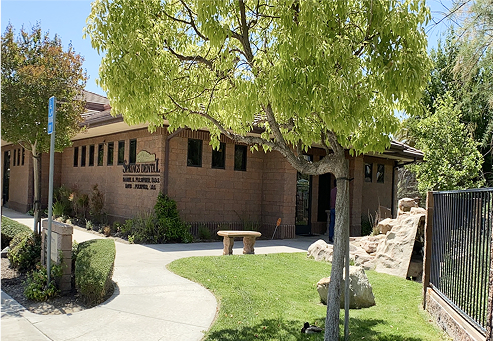





5-Star Murrieta Dental Services
We make it fun for children to visit their dentist in Murrieta.
Get relief from dental anxiety for comfortable dental procedures.
Straighten teeth with a wide-range of options from Invisalign to traditional braces.
Reshape your gum line with gum contouring to fix gummy smiles and small teeth.
Replace a missing tooth, several teeth, or an entire arch of teeth with All-on-4 dental implants.
Diagnotics and solutions for tooth and gum infections including root canals and gum disease treatment.
Visit Springs Dental

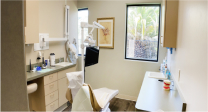

We are located in the Murrieta Springs Professional Park off Murrieta Hot Springs Road.
Hours
~ Daily lunch break 12 Noon–1pm



5-Star Google Reviews
Trustindex verifies that the original source of the review is Google. I can’t say enough great things about Springs Dental and Dr. Pulsipher! From the moment you walk in, you’re greeted with a warm, welcoming atmosphere and a team that truly cares. Dr. Pulsipher is not only incredibly skilled, but he also takes the time to explain everything and make you feel completely at ease. The entire team is professional, friendly, and genuinely dedicated to making your experience as comfortable and positive as possible. I would highly recommend anyone looking for a dentist to visit Springs Dental – you won’t be disappointed!Trustindex verifies that the original source of the review is Google. I've been a patient at Springs Dental for over 20 years. I’ve tried two other dental offices due to insurance issues, but I always come back, even when I have to pay out of pocket. Springs Dental operates with integrity, which is uncommon these days. They genuinely care about their patients rather than simply focusing on making money.Trustindex verifies that the original source of the review is Google. Great service as usual. Great staff and Dr Dan is the best!Trustindex verifies that the original source of the review is Google. Friendly staff & always with smiles to welcome their patient’s.Trustindex verifies that the original source of the review is Google. Great staff. Very thorough in all explanations of cost and procedures.Trustindex verifies that the original source of the review is Google. Great staff!!!!Trustindex verifies that the original source of the review is Google. Excellent dental care. Friendly and very competent.Trustindex verifies that the original source of the review is Google. Everyone at this dental facility treated me with so much care. I have had bad dental experiences in the past that left me terrified. I felt safe, comfortable and in capable, professional hands. This was the best dental experience I have ever had in 40 yrs! The technology in this office is like no other. They gave me a crown in a few hrs. Simply amazing! God bless Springs Dental!Trustindex verifies that the original source of the review is Google. Excellent experience!!!!
Insurance & Financing

We love your insurance and respect your budget and busy schedule. There are little to no out-of-pocket costs for most insured patients on cleanings, exams and x-rays.
0% financing is available on approved credit. While most insured families receive the majority of preventive services for FREE, we offer many different payment options, including CareCredit, so uninsured patients can still receive the dental care they need in a manner that fits their budget.
Blog Articles
Restoring your smile with dentures can dramatically improve your quality of life, but one of
Dental emergencies can strike at any time, often without warning. Recognizing the signs that require
Invisalign® aligners have become one of the most popular choices for individuals seeking discreet and
Root canal treatment is one of the most effective ways to save a tooth that
A straight, confident smile is something many people desire, but the thought of traditional metal
Just had your teeth professionally cleaned at Springs Dental? That fresh, smooth feeling you experience
Frequently asked questions
What is gum disease?
Gum disease is an infection of the tissues that support your teeth, ranging from mild inflammation (gingivitis) to serious damage (periodontitis) that can lead to tooth loss.
What causes gum disease?
It’s mainly caused by plaque buildup due to poor oral hygiene, but smoking, genetics, certain health conditions, and medications can increase your risk.
What are the symptoms of gum disease?
Common symptoms include red, swollen, or bleeding gums, bad breath, gum recession, and loose or shifting teeth.
How is gum disease treated?
Treatment depends on severity—from professional cleanings and improved oral care for early stages to deep cleaning (scaling and root planing) or surgery in advanced cases.
Can gum disease be prevented?
Yes, by practicing good oral hygiene daily, visiting your dentist regularly, quitting smoking, and managing underlying health issues.


